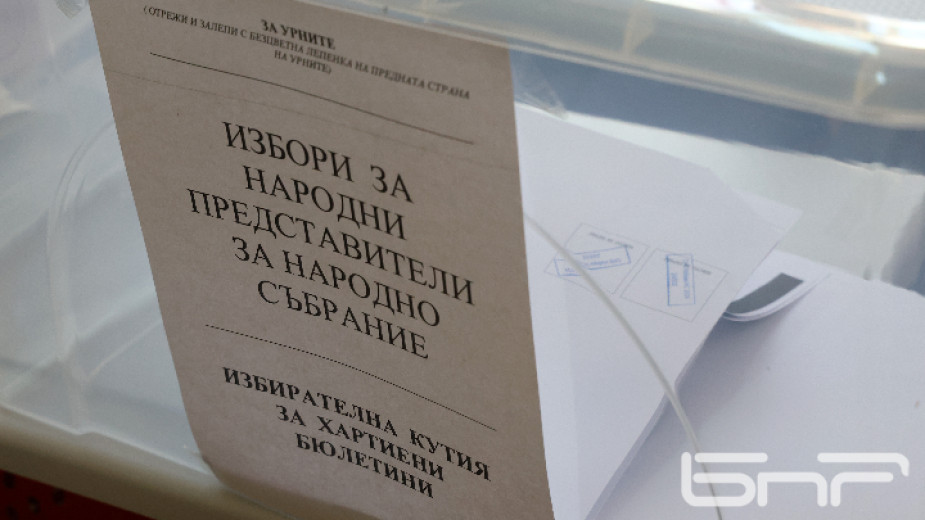“In order to remain, they only have to prove that they can earn their own livelihood. With five or more children, this is not difficult. After all, they get child benefits. Opinions are divided as to whether they straightway pull away again as vagrants, as many locals want, or to settle permanently on the Rhine.” (Kolbe, 2013).
In his comprehensive 1400 words’ article, Kolbe (2013) achieves the feat to use every clichés images on Rroma: He speaks without comments about travellers (how often it must still be said that the majority of the Rroma are not travellers?), about families with five children or more that earn their living through the money Germany’s social care pays for children (how often has this issue been already discussed since January of this year, and how often did we already repeatedly point out that poverty immigration is a polemic theme that is being used in the context of the German election campaign and also that there are many Rroma with few children who well integrated). Ignorant of any cultural relativistic approach, Kolbe reproduces the ideas of cultures and alterity, topics, which have been controversial for decades in the social science. That the cultural characteristics described by him perhaps simply are a result of poverty and lack of education is something that Rroma experts such as Mappes-Niedieck (2012) have tired to explain for a long time, is not even discussed at all. Instead, an image of alienation is evoked, presenting what is described as a cultural incompatibility strikingly similar to Samuel Huntington’s clash of civilizations thesis: “For both sides, it is a culture shock. The locals flee their old neighbourhoods. Immigrants come in a world whose customs are strange and incomprehensible to them. […] It is not just dirt and noise that upsets the old-timers. Police statistics show a growing criminality. Children do not go to school, but beg or operate as a “Robber Kids.” Only after lengthy discussions, did the city administration act to close the street prostitution in the northern city, where prostitutes from Southeast Europe were offering their services on the street.” (Kolbe, 2013). That notions of hygiene have nothing to do with cultural traits should be obvious to even hardboiled positivists or culturalists. Of real concern is that Mr. Kolbe simply presents without comment, statements about thieving and prostituting Rroma. He makes no reference to the fact that the supposedly so large cultural differences perhaps simply are a result of poverty, that there are also Rroma who do not steal and prostitute themselves. What is downright outrageous, however, is that Mr. Kolbe simply ignores any of the arguments that have been put forward in the discussion of mass immigration: He does not talk about the well-educated immigrants who are also part of this transnational migration exactly as the poverty immigrants; nor does he discusses the critical analysis of the supposedly iron proofed statistics on immigration, analysis showing that a significant proportion of the migrants are in fact seasonal workers and the mass exodus to Germany is not a fact but a political issue (Migazin 2013 Epoch Times Germany, 2013), Mr. Kolbe simply presents it all it presents as an apolitical fact. Neither does he make any references to the invisible, well-trained Rroma, which also form part of the reality (Schayani, Isabel / Onneken, Peter, 2013, Jacob 2013). However, in an addendum, he speaks about well qualified Romanians and Bulgarians, but it remains unclear whether he thinks they are also Rroma. That the article promotes and encourages culturalism and not a critical debate, can be read from the comment column. For example, a Mr. Frank Richter from Germany stated: “This is not a state, the state has obviously failed in its reaction and the fact that the the whole does not work is for me at first the fault of the Roma. […] That Roma can develop into model citizens, well engaged in the civil society, I venture to doubt. Cultural barriers are sometimes just so high that they cannot be overcome, and you better not try it, but should accept the consequences. French and Italians have been already recognised this in relation to this group […].” Mr. Kolbe speaks also of actions of the general population such as in the case of Catholic priest or the case of the initiative “future-oriented support” to help integrate the Rroma. But all in all, a balanced critical perspective on the events is not presented here.
The West (2013) again reported on the so-called “Rroma house” in Duisburg. After various groups and individuals had called for active reprisals against Rroma are, residents, such as the teacher Annegret Keller-Stegmann, showed solidarity and committed themselves to the protection of the Rroma. She organised vigils to give the residents of the house some rest. The strong media attention on the house has led to a fixation and hardening of opinions that prevents and hinders constructive approaches, “the car drivers with Hitler salute, the people who appear allegedly armed with knives on the street. […] We really fear for our children, says one of the men. His sons and daughters are sleeping with their clothes on to escape quickly.”
Blazejewski (2013) further reports that the movement “pro Germany” wants to organise a demonstration in front of the “Rroma house” in Duisburg and has filed for a permit to the police. In March of this year, the subgroup “Pro North Rhine-Westphalia” had already demonstrated in front of the house against Rroma. The authorities are distancing themselves from a ban of the demonstration, which they consider to be counterproductive. Rather, a counter-demonstration is in planning and they would support it.
The TAZ (2013) adds to the coverage with a questionable statement of Duisburg’ police spokesman Ramon van der Maat, which confirms fears about institutional racism amongst German authorities: “Even socially engaged say that few Roma are willing to integrate […] The other ones cannot deal with our society. The need to go away.”
Daberkow (2013) adds an important facet to the debate, in that she gives a voice to moderate residents. These distance themselves decidedly against xenophobic actions or slogans, but at the same time complain about the failure of politics and the authorities, to establish order and normal relations. Many of them are moving away from the neighbourhood, because they cannot stand the continuous strain in the form of noise and littering, and have been annoyed long enough. A social segregation cannot be in anyone’s interests. This should make us think.
- Blazejewski, Ingo (2013) Rechte haben Demo vor dem Roma-Haus angemeldet. In: Der Westen online vom 22.8.2013. http://www.derwesten.de/staedte/duisburg/rechte-haben-demo-vor-dem-roma-haus-angemeldet-id8344198.html
- Daberkow, Vivien (2013) Rechtsradikale Parolen gegen Roma-Haus in Bergheim. In: RP online vom 21.8.2013 http://www.rp-online.de/video/region-duisburg/studio-47/rechtsradikale-parolen-gegen-roma-haus-in-bergheim-von-vivien-daberkow-1.3619280
- Der Westen (2013) Roma in Duisburg – „Wir haben Angst um unsere Kinder“ In: Der Westen online vom 22.8.2013. http://www.derwesten.de/staedte/duisburg/roma-in-duisburg-wir-haben-angst-um-unsere-kinder-id8346106.html
- Epoch Times Deutschland (2013) Bulgariens Präsident bestreitet massenhafte Zuwanderung von Roma in andere EU-Staaten. In: Epoch Times Deutschland online vom 22.3.2013. http://www.epochtimes.de/bulgariens-praesident-bestreitet-massenhafte-zuwanderung-von-roma-in-andere-eu-staaten-1066566.html
- Kolbe, Gerd (2013) Mit dem EU-Pass in ein Kellerloch. In: NZZ online vom 21.8.2013. http://www.nzz.ch/aktuell/international/auslandnachrichten/mit-dem-eu-pass-in-ein-kellerloch-1.18136133
- Mappes-Niediek, Norbert (2012) Arme Roma, böse Zigeuner: Was an den Vorurteilen über die Zuwanderer stimmt. Berlin: Ch. Links Verlag.
- Migazin (2013) Keine Belege für Armutszuwanderung aus Bulgarien und Rumänien. In: Migazin online von 22.2.2013. http://www.migazin.de/2013/02/22/keine-belege-fur-armutszuwanderung-aus-bulgarien-und-rumanien/
- Jakob, Christian (2013) Keiner weiss, dass wir Roma sind“. In: TAZ online vom 7.3.2013. http://www.taz.de/!112263/
- Schayani, Isabel / Onneken, Peter (2013) Ausgerenzt: Wie Roma in Deutschland Diskriminierung erleben. In: Monitor (WDR) vom 14.3.2013. http://www.wdr.de/tv/monitor/sendungen/2013/0314/roma.php5
- TAZ (2013) Die Angst vor Lichtenhagen. In: TAZ online vom 23.8.2013. http://www.taz.de/Rechte-Hetze-gegen-Roma/!122337/







